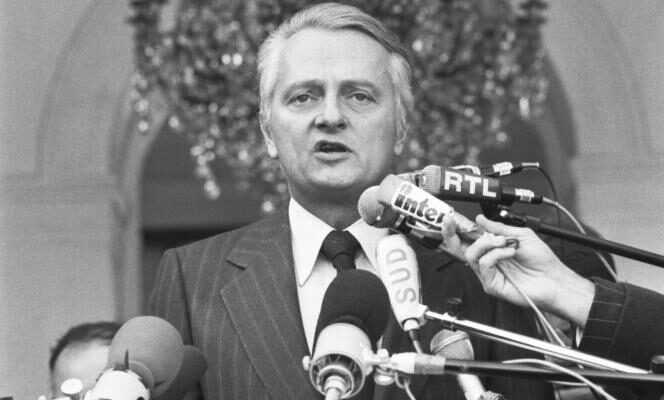A great diplomat, elevated to the dignity of Ambassador of France in 1990, Commander of the Legion of Honor, Pierre Hunt died on July 20 in Paris at the age of 95.
Born in Paris on September 3, 1925, he was marked by the bankruptcy of his father, of British origin, after the crisis of 1929. During the war, he was a student at the Lycée Jeanson-de-Sailly, in Paris (16e), where he teamed up with Valéry Giscard d’Estaing, because he excelled in literary subjects.
But, already, the young man dreams of elsewhere. He graduated in 1946 from the National School of Overseas France and was sent, at the age of 21, as a civil administrator in the protectorate of Annam, in Vietnam. There, he tried to maintain peace in the villages despite the intrusions of the Vietminh and the exactions of the colonial security forces, which earned him the Croix de Guerre. He was then appointed, in 1951, to General de Lattre de Tassigny in Hanoi, as head of the press for the leader of the French expeditionary force. He evoked with a certain humor the briefings of this hero of the Second World War who pushed the taste for communication to the point of having five stars painted on his Jeep and organizing press briefings at 2 am.
It was already convinced of the need for decolonization that he was then integrated into the Quai d’Orsay to take the head, in 1958, of the information service of the French embassy in Rabat. In 1963, he returned to Paris and joined Alain Peyrefitte, then Minister of Information, to liaise with the Ministry of Foreign Affairs, where he became, two years later, Deputy Director of Press Services, before moving to be appointed advisor to the Minister of Information, Joël Le Theule. As such, he watches the reports from “Cinq Columns à la une” before being broadcast – while not recognizing, much later, that a very low level of censorship.
Because, already, Pierre Hunt shows his attachment to the freedom of information. In 1969, the Prime Minister, Jacques Chaban-Delmas, charged him with the reform of public information as secretary general of the interministerial committee for information. Responsible for implementing the New Company in the public media, he participated in the liberalization of the ORTF, before it was taken over in 1973.
Peacemaker
In 1972, he was appointed French Ambassador to Brazzaville, then, in 1976, to Antananarivo. It was there that, two years later, Valéry Giscard d’Estaing called him to make him his spokesperson at the Elysée. He then sees his role as that of a great servant of the State. “Giscard reproached me for not saying enough good things about him, but I thought it was up to me to comment on his action, not his person”, he said years later. He was nevertheless confronted, in October 1979, with the diamond affair, for which the president left him without instruction until his televised intervention on November 27.
You have 29.11% of this article left to read. The rest is for subscribers only.
